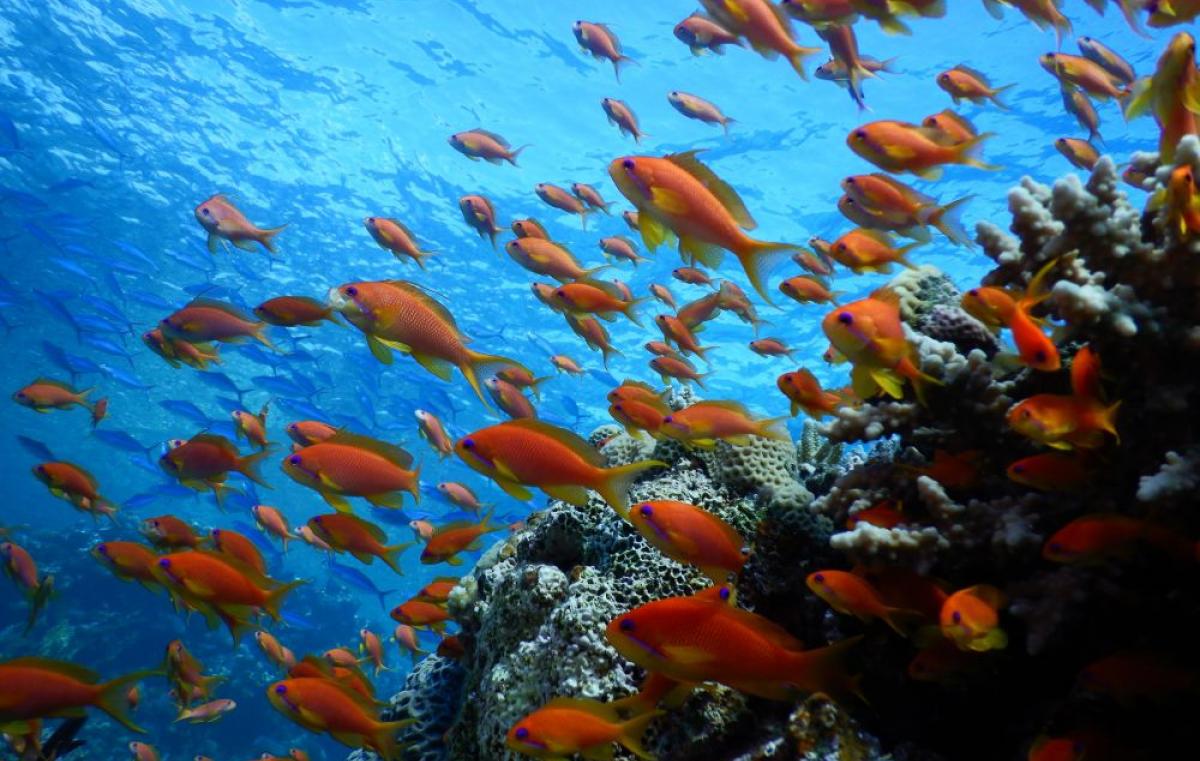Environmental Disaster Hits Israel
Immediate action must be taken to avert another oil spill, scientists warn

The massive oil spill which has blackened Israel's Mediterranean coast is a warning signal of the inherent dangers in maritime transport of oil, cautions Prof. Maoz Fine, a marine biologist from Bar-Ilan University's Mina and Everard Goodman Faculty of Life Sciences.
In an interview with The Media Line, Fine said that the spill will be deadly to many organisms. Even more concerning, once the oil reaches the intertidal zone – an area filled with marine wildlife – they will be “suffocated,” have no food to eat and the “entire zone will be lost,” said Fine, adding that toxins will eventually reach the marine food web and affect the entire ecosystem for a very long time.
Prof. Fine led a group of 200 scientists that issued a letter to Prime Minister Netanyahu warning that the planned transport of oil from the United Arab Emirates to Israel, under an agreement signed between the two countries, carries significant risk of pollution to the Red Sea and surrounding ecosystems.
Additional disaster waiting to happen
Fine and a team of international researchers warn that a massive leak of over one million barrels of oil, four times greater than the Exxon Valdez tanker spill in 1989, is anticipated shortly in the Red Sea, off the coast of Yemen, where the Safer floating storage and offloading unit is in the final stages of decay. The Safer has been stranded and deteriorating since 2015, giving the world the most advanced warning ever of a major oil spill.
In a policy brief published recently in Frontiers in Marine Science, Fine and team warned that immense devastation to the health and livelihoods of millions of people living in half a dozen countries along the Red Sea coast will be guaranteed if the Safer’s decay is not addressed immediately.
The potential spill will also affect the entire international community by degrading a critical global resource -- the coral reefs of the northern Red Sea and Gulf of Aqaba, which are considered to be among the last reef ecosystems in the world to thrive beyond mid-century, cautioned the research team from the United States, Israel, Germany and Switzerland.
Over the last five years, as the Safer has languished on its mooring, there have been multiple warnings of the risk of its degradation. Yet despite the most advanced warning ever for an oil spill, no concrete steps have been taken to prevent it. Recently there have been reports of minor oil leakage from the vessel. Winter is the worst time for a major oil spill because winter currents disperse oil more widely.
The Houthis, a political and armed movement in northern Yemen, control access to the Safer tanker. They have repeatedly denied UN requests to board the vessel. The UN International Maritime Organization has deployed experts to develop a risk impact analysis and contingency plans to improve management of emergency response operations in the event of a spill from the Safer. But without access to the storage vessel they are unable to take the necessary steps to prevent a spill.
Recently, such access was granted and it is up to the UN to act quickly to bring the Safer crisis to an end.
"Immediate international intervention is needed to prevent an imminent humanitarian and ecological disaster," says Dr. Karine Kleinhaus, of the School of Marine and Atmospheric Sciences at Stony Brook University, a co-author of the policy brief. "Emergency action must be taken by the UN and its International Maritime Organization to remove the oil, despite political tensions in the region," she adds.
Looking beyond the imminent danger posed by the Safer, the authors write that with 4.8 million barrels of crude oil and refined petroleum products passing through the Red Sea each day, a regional strategy must be drafted for leak prevention and containment that is specific to the Red Sea’s unique ecosystems, unusual water currents, and political landscape. "Coral reefs line almost all 4,000 km of the Red Sea’s coastlines and also surround multiple islands within it, so that oil spills in any part of the Sea threaten these valuable ecosystems," says Prof. Fine, who co-authored the brief. "Action must be taken now. The window of opportunity to save a unique marine ecosystem is quickly closing."
The policy brief was additionally authored by Prof. Hezi Gildor, of the Hebrew University of Jerusalem, Dr. Yael Amitai, of the Israel Oceanographic & Limnological Research Institute, Prof. Anders Meibom, of the Ecole Polytechnique Fédérale de Lausanne in Switzerland, and Prof. Christian R. Voolstra, of the University of Konstanz in Germany.